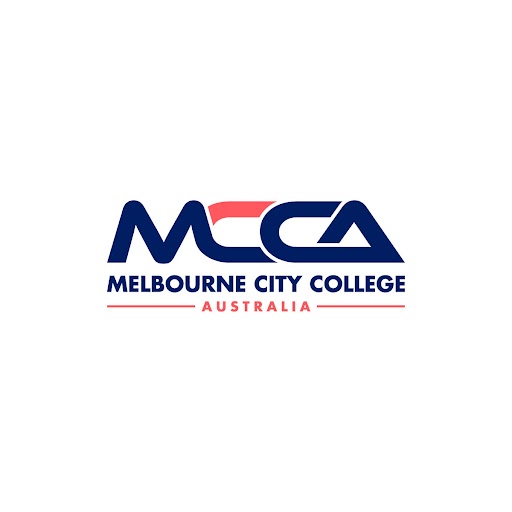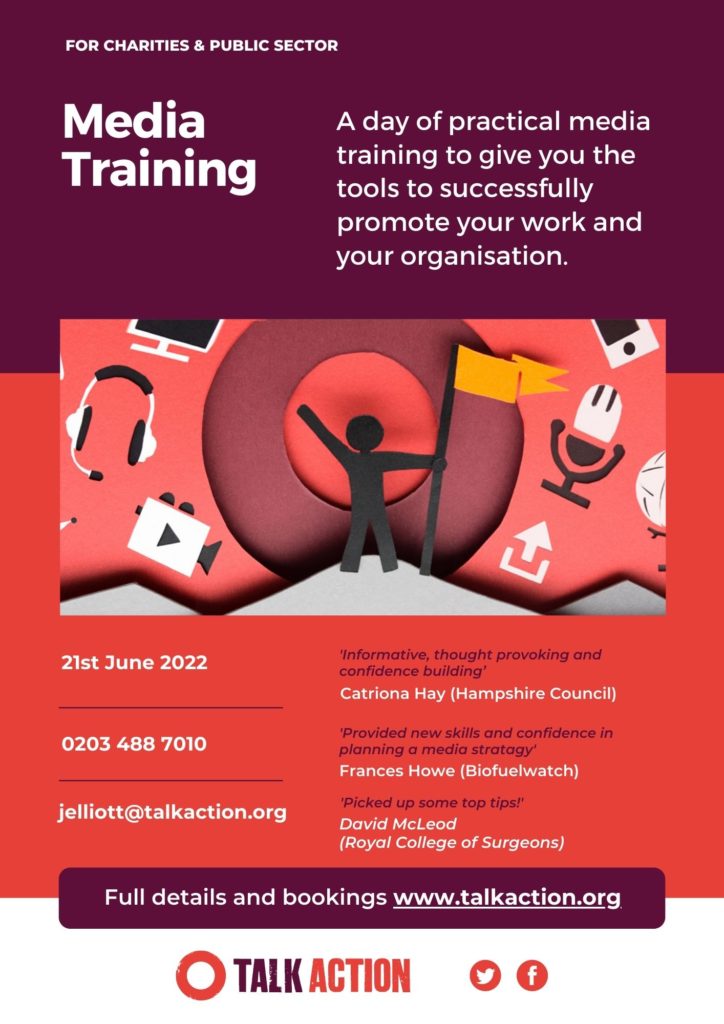The Counselling – Level 3 Course is designed for people who wish to develop and understanding of principles and practice of Counselling in relation to a range of counselling situations. No prior knowledge is required.
On successful completion of this course, students will receive an accredited Level 3 Certificate of Achievement.
Counselling skills can be of a huge benefit for individuals in all sorts of job roles and situations. The National Institute for Health and Clinical Excellence recommends certain types of counselling as being useful in treating a number of varied health conditions including depression, anxiety, obsessive-compulsive disorder (OCD), post-traumatic stress disorder (PTSD), long-term injuries and illnesses, eating disorders, such as anorexia nervosa and bulimia, and substance abuse. Counselling can help individuals to discuss and deal with their problems, and also tackle the issues that are preventing them from achieving their goals and ambitions.
Please Note: The first 8 lessons of this home study course are the same as our Introduction to Counselling Course. In addition to these lessons, the final section covering 8 lessons covers Practical Counselling for common situations. Because of this, the course leads to a higher level Qualification.
Objectives:
- Describe the role of a counsellor and what counsellors do.
- List common types of counselling.
- Understand the skills and attributes required to conduct counselling.
- Practice and improve their listening skills.
- Demonstrate an understanding of the principles of negotiation.
- Describe the key aspects of successful mediation.
- Understand the role of counselling in crisis mediation.
- List sources of help and advice in a range of counselling situations.
- Identify a model approach for a range of counselling scenarios and client situations
- Develop an understanding of the ethics and confidentiality required of counsellors
The Home Study Course Includes the Following 16 Units:
- Unit One -The Basics of Counselling
The following topics are covered: What is counselling, Who is a Counsellor, When is a Counsellor not ready to Council, Who needs counselling and Ten Steps to Counselling.
- Unit Two -Types of Counselling
The following topics are covered: When a Counsellor is needed and Types of counselling offered (Addiction, Anxiety, Depression, Divorce, Eating Disorders, PMS, Sexual health and Stress.
- Unit Three -New Wave Counselling
The following topics are covered: Online Counselling, Telephone Counselling, Telephone / Internet counselling, SMS text counselling, Video counselling and The Future.
- Unit Four -Traditional Counselling Styles
The following topics are covered: What are the different Types of Traditional Counselling, What Counselling, Individual Therapy, Couples Therapy, Family therapy, Group Therapy and Who goes to Counselling.
- Unit Five -Listening Skills
The following topics are covered: Listening, Stages of listening, Obstacles of Listening, Emphatic Listening, Listeners in Control and Traps for Listeners.
- Unit Six -Negotiation
The following topics are covered: Negotiation, The Establishment Group, The Community group, Negotiation in General, The Joint Problem-Solving Approach, Definition of the Problem, Guidelines, Insist on Using Objective Criteria, Invent Options for Mutual Gain, Separate the People from the Problem, Suggestions, Breaking the Rules, Alternatives and Best Alternative to Negotiated Agreement.
- Unit Seven -Mediation
The following topics are covered: What is Mediation, When is Mediation called for, Responsibilities, Preliminaries, The Introductory Phase, Problem Definitions, Respect the Parties’ Ability to reach a settlement, Caucus Meetings, The Second session, Teamwork, The Agreement and Attributes of a Good Mediator.
- Unit Eight -Crisis Mediation
The following topics are covered: Other Considerations, Power imbalance, The Power of skill and Knowledge, A Summary of Factors Influencing the Balance of Power and Analysis and Responses.
Lessons 9-16 Cover Practical Counselling for Common Situations:
- Unit Nine -Ethics and confidentiality
- Unit Ten -Problem centred approaches to counselling
The following topics are covered: Grief and Bereavement, Couples & Relationships, Stress Problems, Depression, Eating Disorders, Alcohol Problems, Children and Substance Abuse.
- Unit Eleven -Choosing a style and method to match a situation
- Unit Twelve – Identifying client needs and expectations
- Unit Thirteen – Establishing a Contact
- Unit Fourteen – Exit Strategies
- Unit Fifteen – On-going counselling and support
- Unit Sixteen – Appendix
The following topics are covered: General Counselling Client Information Form, Publications, Addresses, Useful Contacts and Glossary of Health Terms.
To find out more about Counselling Course visit course provider website.



















Leave a Comment